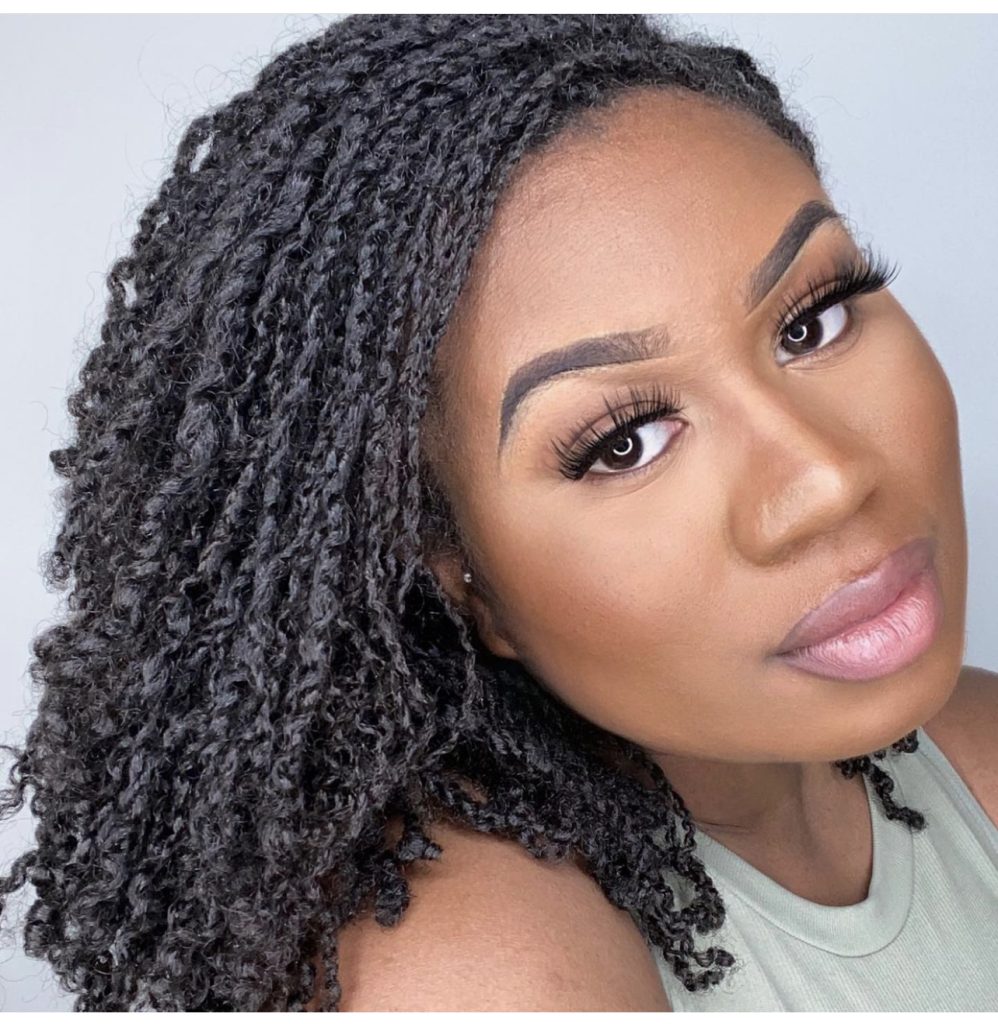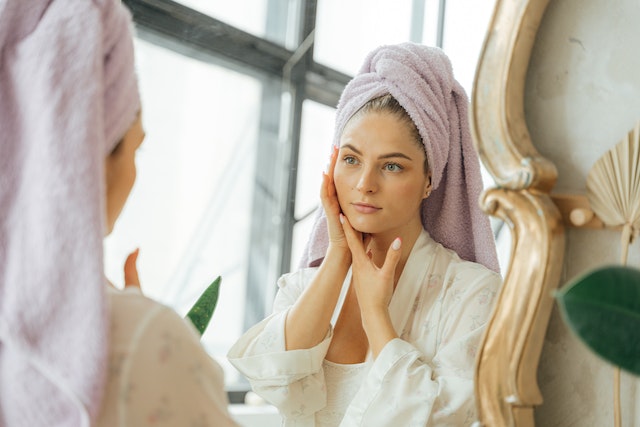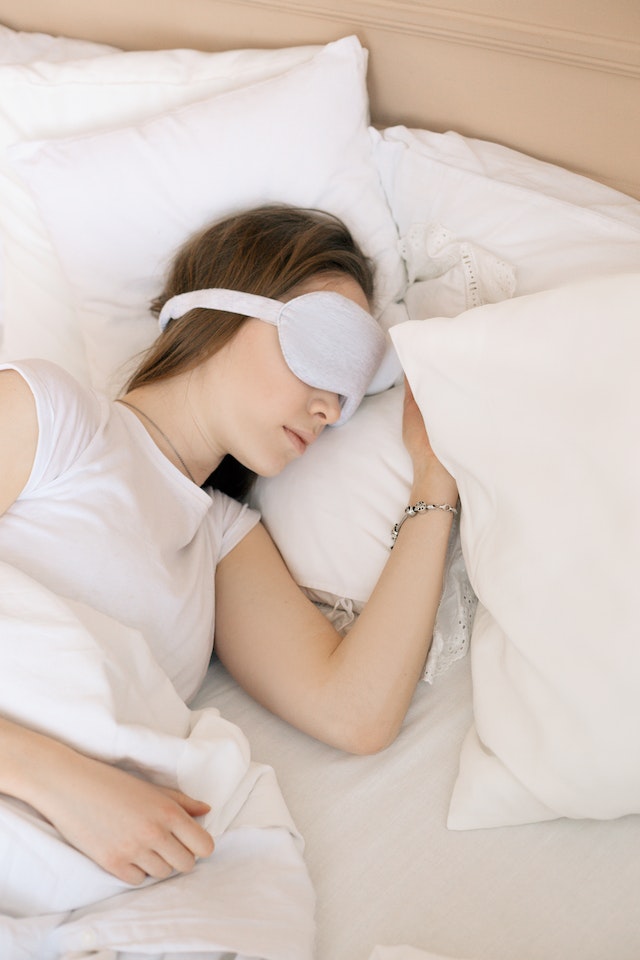Introduction:
TikTok has become a cultural phenomenon, and its beauty transformations have captivated millions of users. However, behind the glitz and glamour lies a darker side. In this article, we delve into the hidden consequences of TikTok’s beauty trends on self-esteem and mental health. While the platform offers opportunities for self-expression and creativity, it also poses significant challenges to users’ well-being.
The Pressure to Conform:
TikTok’s beauty transformations showcase seemingly flawless individuals who have mastered the art of enhancing their appearance. These videos often create an unattainable standard of beauty, putting immense pressure on users to conform. The constant exposure to edited and filtered content can lead to feelings of inadequacy and low self-esteem among viewers, as they compare themselves to an idealized version of beauty.
The Filtered Reality:
Behind the allure of TikTok’s beauty transformations lies a filtered reality. Many users rely on editing tools, filters, and clever camera angles to enhance their appearance. This distortion of reality can create unrealistic expectations and fuel a cycle of comparison, leaving individuals dissatisfied with their own looks and eroding their self-confidence.
Unhealthy Comparison and Self-Criticism:
Constant exposure to TikTok’s beauty trends can trigger a detrimental cycle of comparison and self-criticism. Users may find themselves endlessly scrolling through videos, comparing their own appearance to those of others and scrutinizing perceived flaws. This relentless self-evaluation can lead to negative self-perception, feelings of inadequacy, and a decline in overall mental well-being.
The Masking of Insecurities:
While TikTok’s beauty transformations may provide a temporary boost of confidence, they can also become a coping mechanism for underlying insecurities. Users may rely on makeup or filters to hide their perceived flaws, masking their true selves and exacerbating their insecurities. This dependency on external validation and physical appearance can have long-term consequences for self-esteem and mental health.
Influence on Body Image:
TikTok’s beauty trends also exert a powerful influence on body image. The emphasis on achieving certain body types, features, or proportions can lead to body dissatisfaction and contribute to the development of unhealthy behaviors, such as disordered eating or excessive exercise. The relentless pursuit of an idealized appearance can have serious implications for individuals’ mental and physical well-being.
Addressing the Issue:
Recognizing and addressing the negative impact of TikTok’s beauty transformations is crucial for safeguarding users’ mental health. Open conversations about self-esteem, body image, and the influence of social media are essential. By promoting authenticity, diversity, and self-acceptance, users can cultivate a healthier relationship with their appearance and protect their well-being in the face of societal pressures.
Encouraging Positive Engagement:
TikTok can also be a platform for positive change. Influencers and content creators have the power to shift the narrative by promoting realistic beauty standards, embracing individuality, and encouraging self-love. By showcasing diverse beauty and sharing personal stories of self-acceptance, they can inspire others to embrace their unique qualities and challenge society’s narrow definitions of beauty.
Seeking Support:
If TikTok’s beauty trends start to impact self-esteem and mental health, seeking support is crucial. It is important to reach out to friends, family, or mental health professionals who can provide guidance and support. Building a strong support network and prioritizing self-care can help individuals navigate the challenges posed by social media platforms.
Conclusion:
While TikTok’s beauty transformations may appear glamorous, they carry hidden consequences for self-esteem and mental
health. The pressure to conform, the filtered reality, and the negative impact on body image all contribute to a complex issue. By raising awareness, fostering open conversations, and promoting self-acceptance, we can empower individuals to navigate TikTok’s beauty landscape while protecting their mental well-being.










